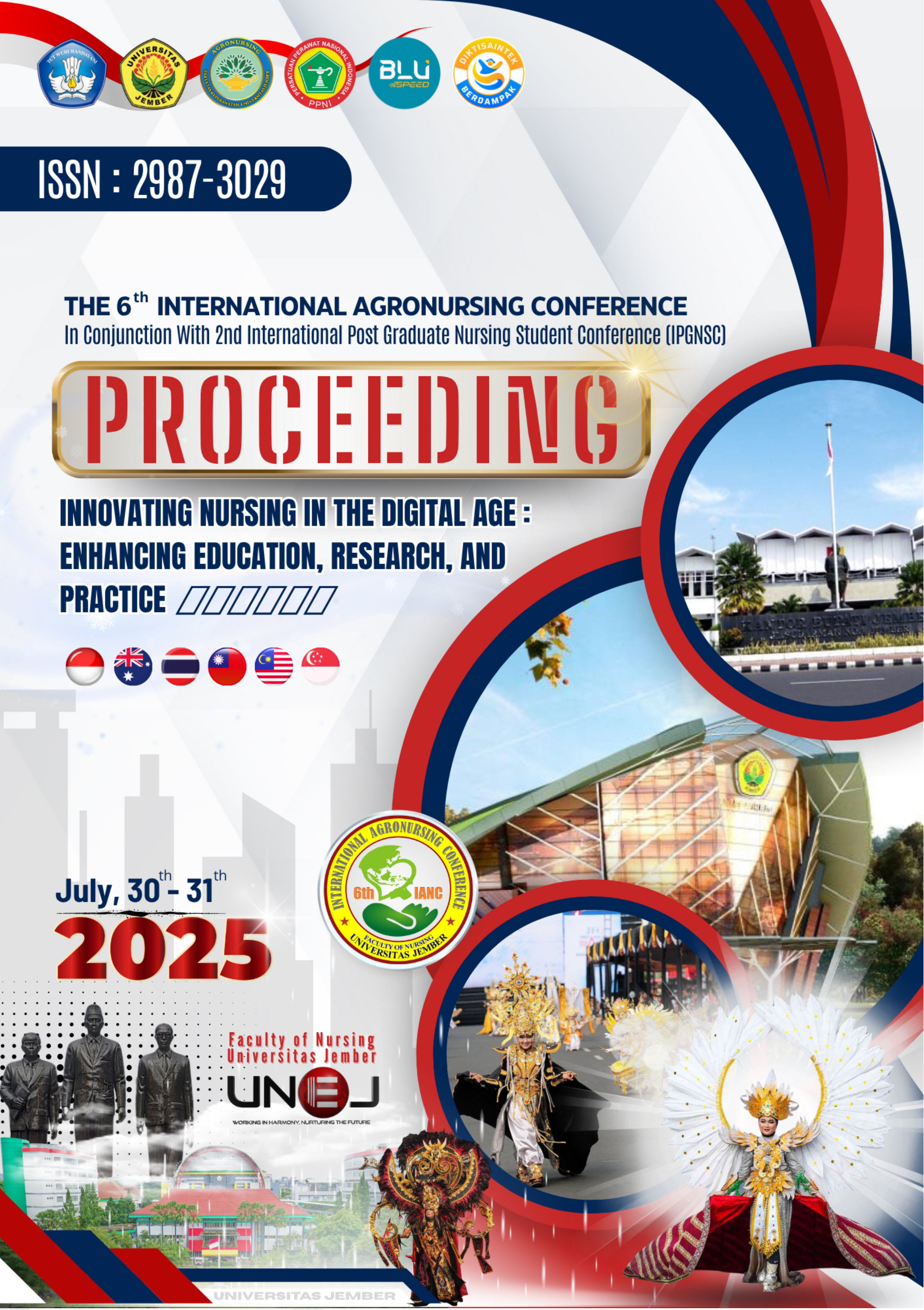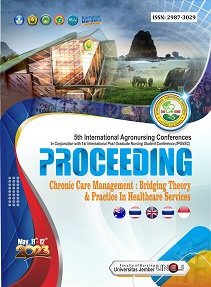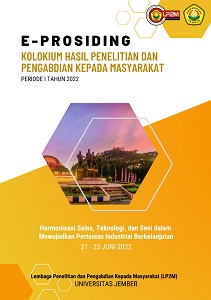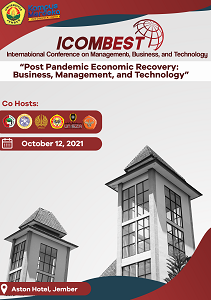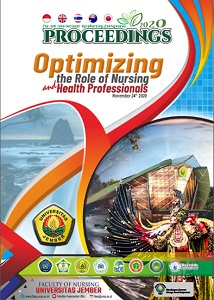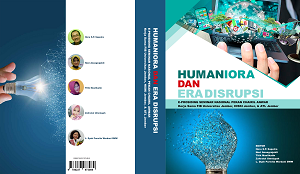THE ROLE OF THE FAMILY AS AN INTERVENTION AGENT IN STUNTING PREVENTION PROGRAM: A LITERATURE REVIEW
Abstract
Stunting is a chronic nutritional issue that hinders child development and reduces the quality of human resources. This study aims to explore the role of families, particularly parents, as key agents in preventing stunting through education and empowerment. A systematic literature review was conducted using empirical and theoretical studies published between 2020–2025. Sources were obtained from scientific journals focusing on family education, parental empowerment, interpersonal communication, and family-based intervention models. Thematic analysis was employed to identify key patterns, challenges, and outcomes of family-centered interventions. Findings indicate that continuous education and parental empowerment enhance family participation in child health programs such as Posyandu and supplementary feeding. While maternal knowledge is essential, consistent practice and environmental support are critical success factors. Interventions based on Family Centered Nursing and interpersonal communication have proven effective in increasing family engagement. Furthermore, early detection education and improved maternal health literacy significantly reduce stunting. Collaborative, multisectoral approaches strengthen families as the central agents in stunting prevention.

